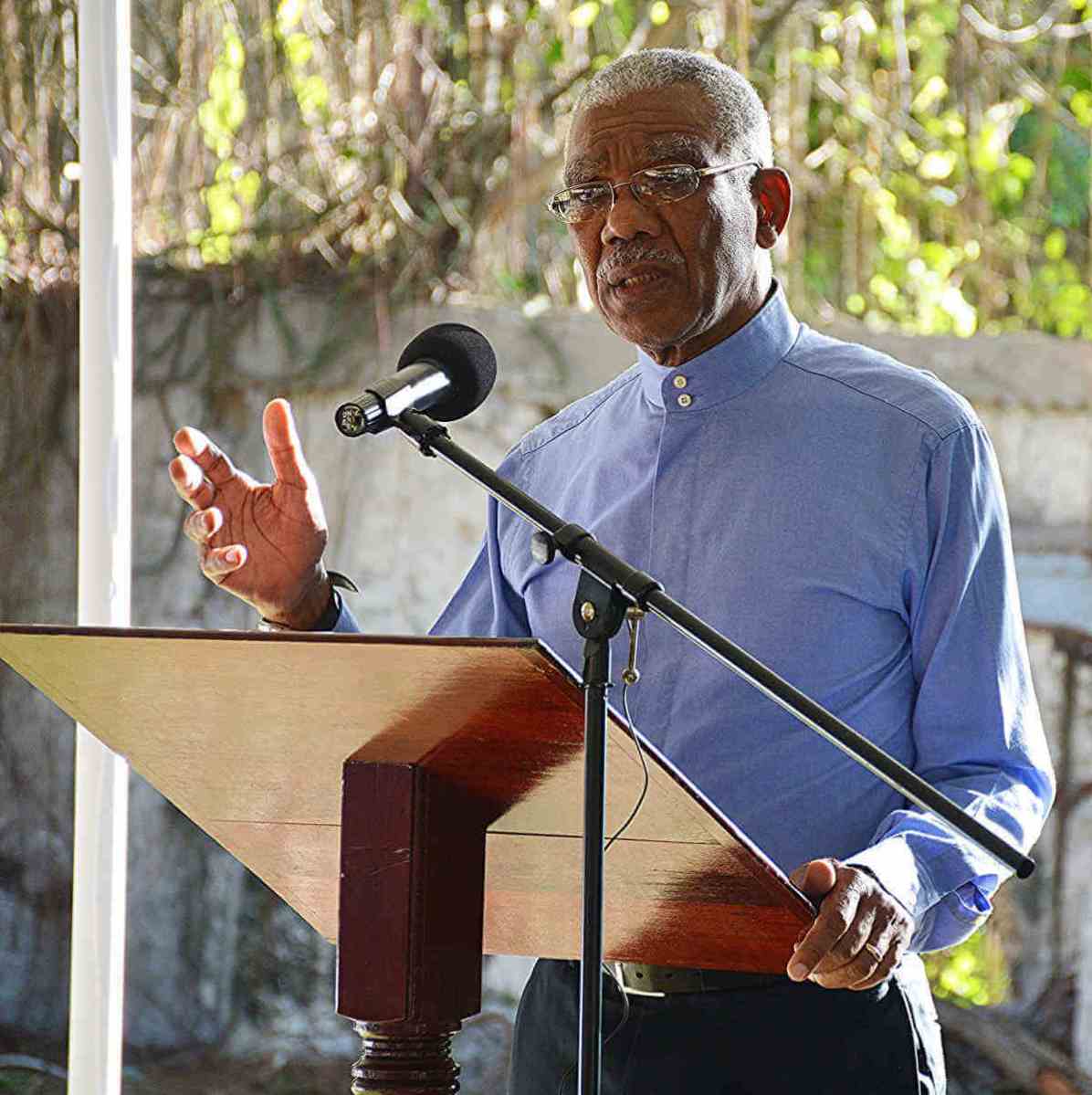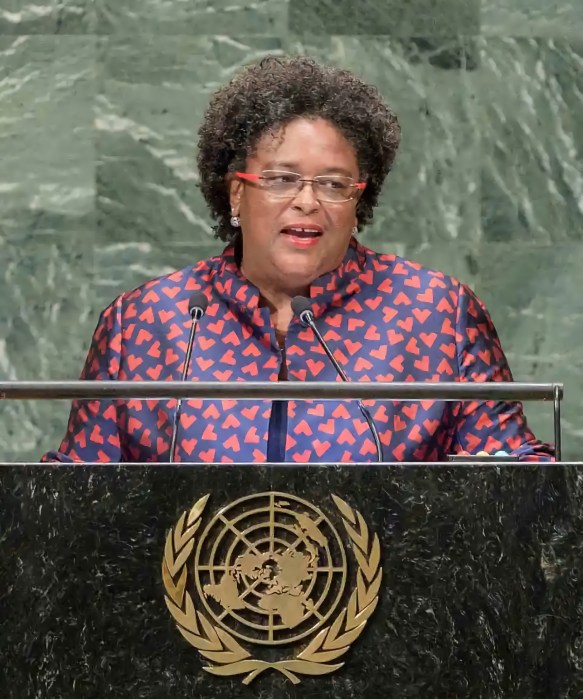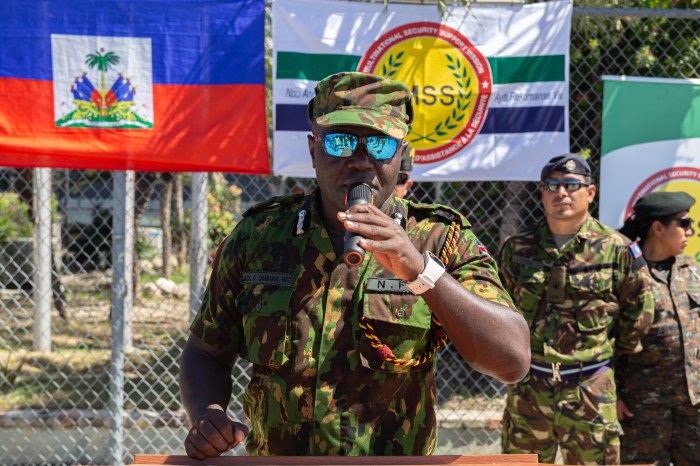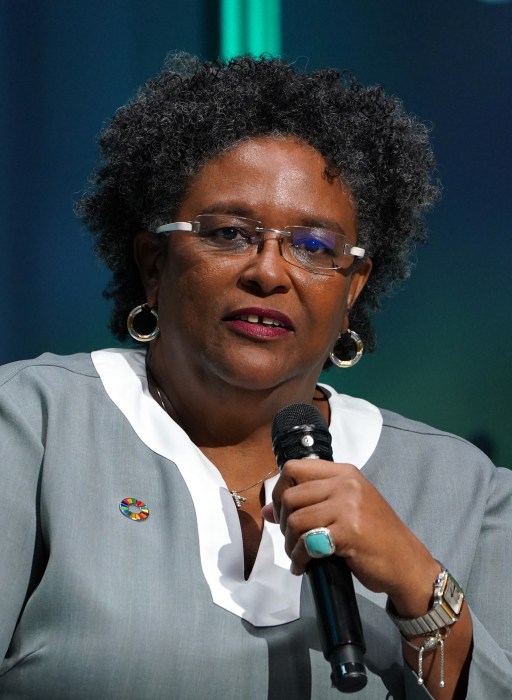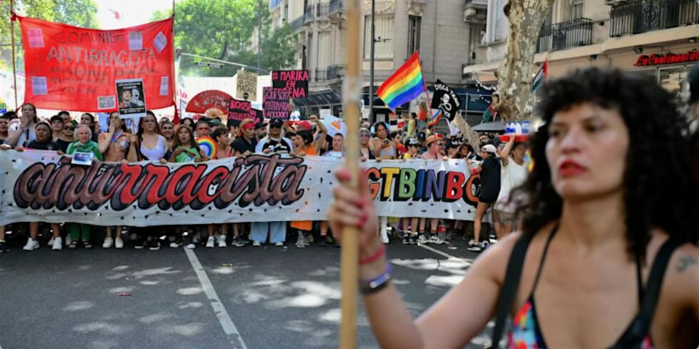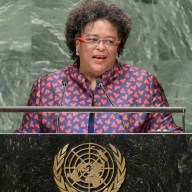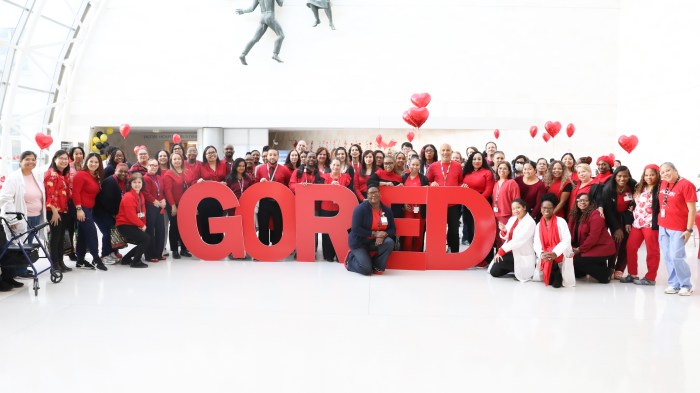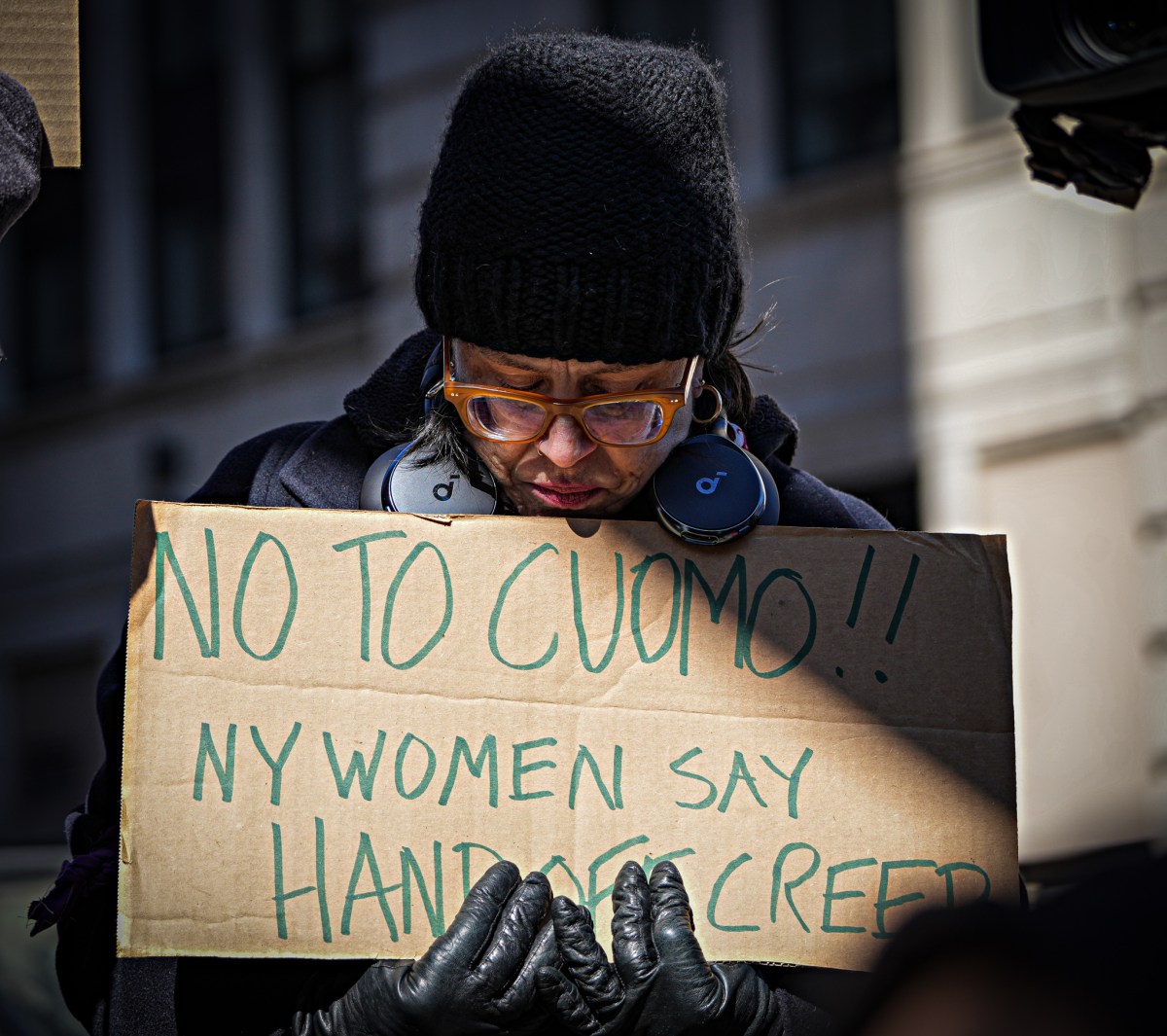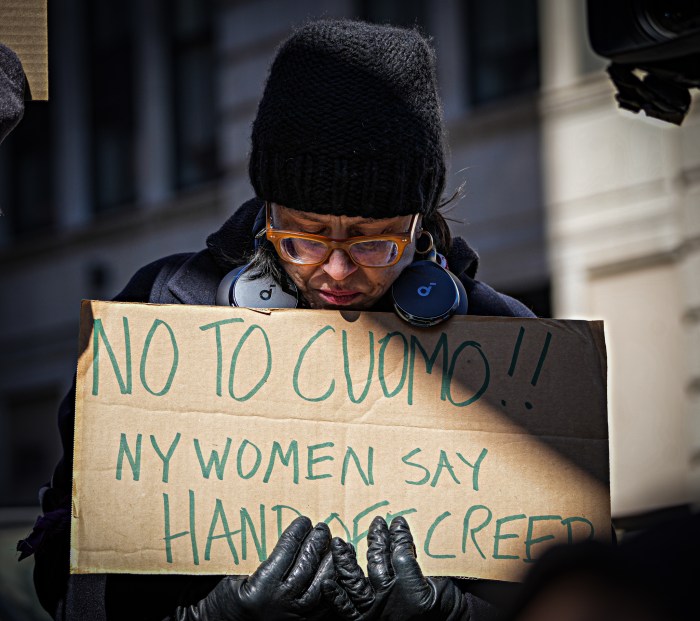“We have to start thinking regional rather than thinking island,” Guyana’s President David Granger said to dozens of his countrymen in Barbados as he visited that island with a message of strong regionalism.
“We have to get rid of this xenophobia, this feeling that this is Jamaican, this is Antiguan,” he said to compatriots in the courtyard of the Guyana Consulate, and added, “I think we’re coming out of an era in which because of the changes in population people realise that migration, free movement, the ability of workers, hair dressers, and architects to move around freely is a good thing.”
Following a CARICOM Single Market and Economy (CSME) meeting in Barbados last week, Granger delayed his flight back to Guyana so he could have a grounding with the Guyanese population there that makes up the single largest expatriate grouping on the island.
The Guyana president greeted his people with a message of deepened economic cooperation and collaboration among CARICOM neighbors and breaking down immigration barriers for true free movement of regional people.
Against a backdrop of oil discoveries in his nation to the tune of five billion barrels surpassing that of Trinidad and Tobago and reportedly set to net the country an average US$1 million per day when extraction begins in 2020, the Guyanese leader spoke to his nationals resident in Barbados but addressed Barbadians and the entire region as he made clear all are invited to jointly explore the mineral rich CARICOM territory.
“I’m encouraging you Guyanese in the diaspora, I’m encouraging Barbadians and Jamaicans and people from all over the anglophone Caribbean to show interest in the investment possibilities in Guyana so that we could not only promote Guyanese manufacturing industry, but we could all get wealthy, we could all get rich,” he said.
But in his all CARICOM embracing approach Granger did not side-step the decades long issue of impediments to free travel by regional people — including Guyanese — among CARICOM states.
“If there is one thing Guyanese want to hear about is hassle free movement of people in the Caribbean,” said Granger who explained that he made a special effort to attend the CSME meeting with Barbados Prime Minister Mia Mottley because he wanted to be part of the speeded-up process towards free movement of CARICOM nationals.
Granger said his trip was met with rewards.
“Listening to Mia Mottley, listening to everything we discussed yesterday I think we are seeing the light at the end of that dark period of harassment that some people have to undergo,” he said.
In fact, Granger held bilateral talks with Mottley that went into the night and far beyond the CARICOM meeting, causing the Barbados leader to cancel an important UWI 70th anniversary celebrations appointment.
Barbados holds lead responsibility for the CSME in the quasi, and Mottley as prime minister leads that portfolio.
“I think she is committed. I think she is sincere and will bring an end to the stigmatisation of Guyanese, Jamaicans and of Haitians that helped to keep the community apart, and at the same time helped to strangle this whole movement towards the single market and economy.”
He added, “we have to think Caribbean and people must be able to move freely from country to country just as you move from parish to parish.”
“I believe in Mia Mottley. I’ve seen a clear indication that she wants to solve this problem of movement of persons and she wants to get the Caribbean Single Market and Economy going.”
On his message that Guyana with its imminent oil boom is open to all of CARICOM he said, “the rising river lifts all the boats.”
Granger noted that owing to the economic and political crisis in neighboring Venezuela, many nationals of that country have fled to Guyana where government is providing areas to reside along with support services including medical care.
“If we can do that much for the Bolivarian Venezuelans, how much more can we do for the Barbadians, Antiguans and Barbudans?
“I am a Caribbean citizen. I think for Ms Mottley it is the same. She is a Caribbean citizen. And that is where we are moving to because we have the land space, but what we do not have in some areas is the capital, and the expertise.”



